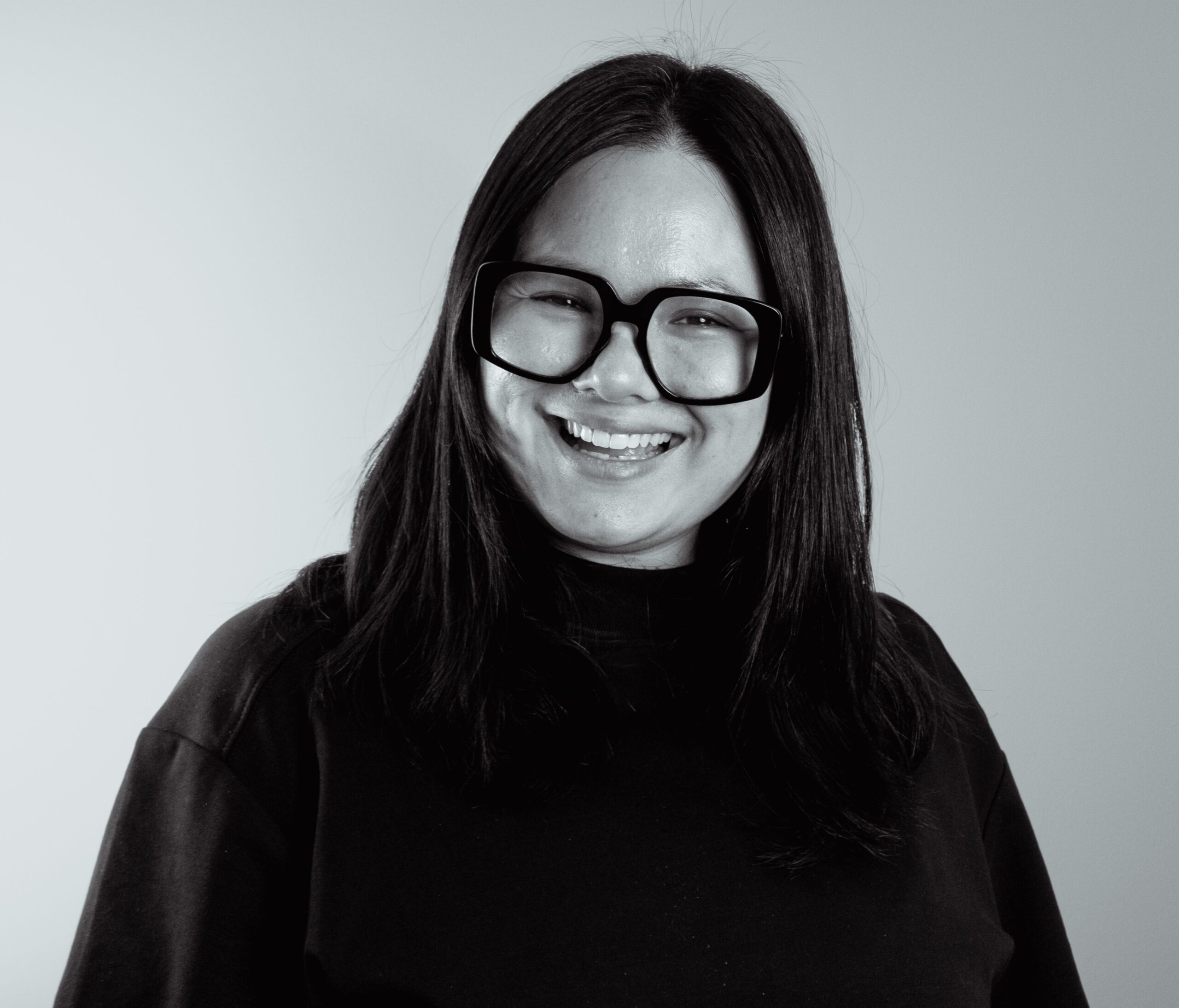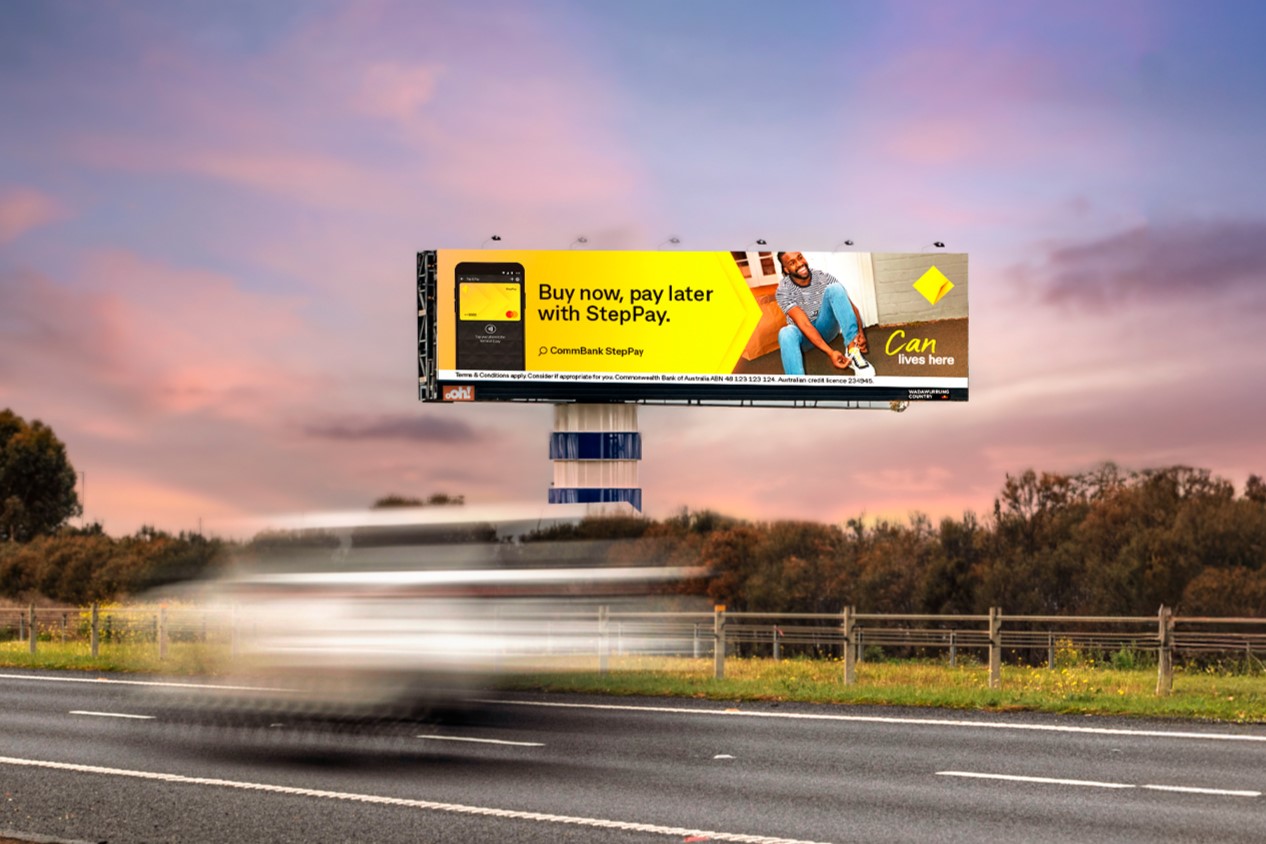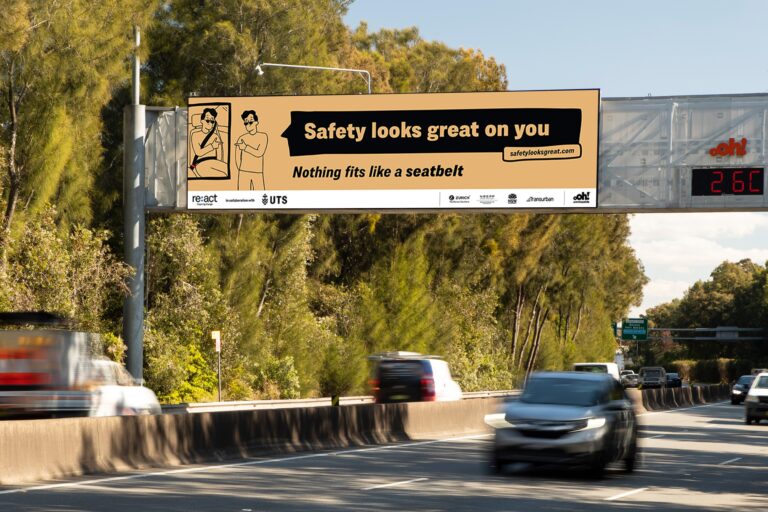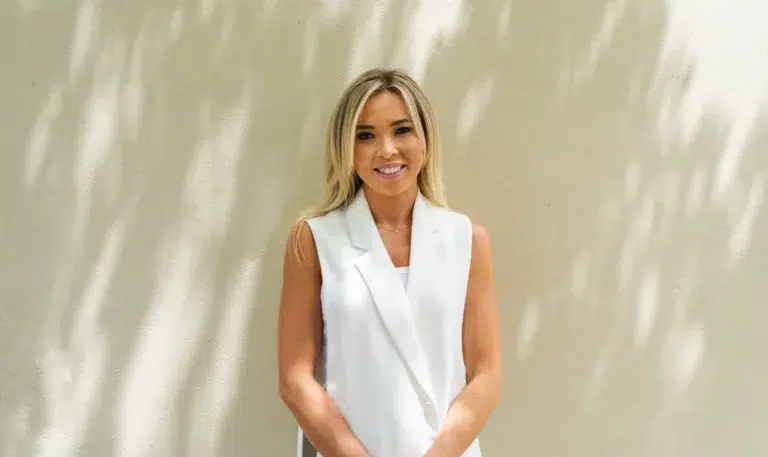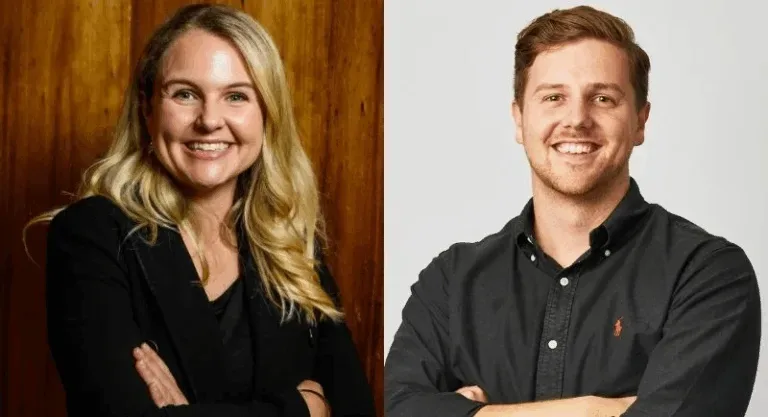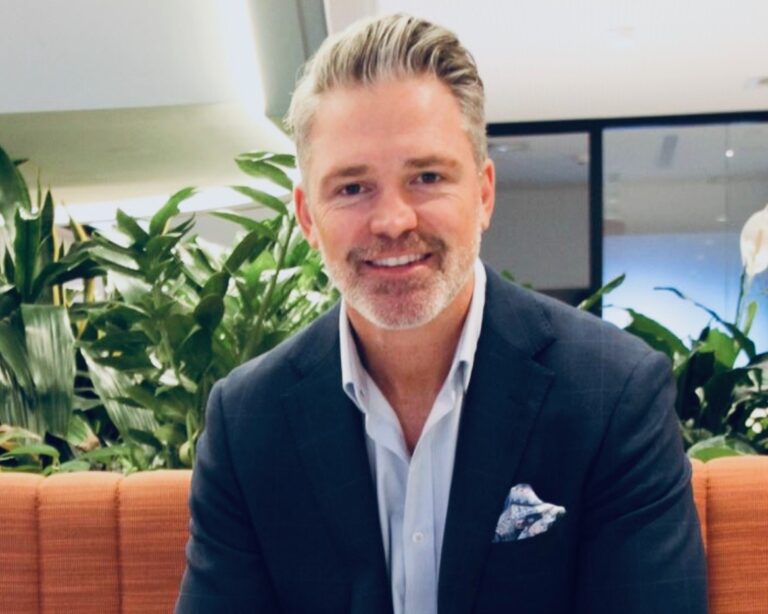POLY’s digital Out of Home producer Zoe-Chan-Iverach reflects on why we need to create a culture of diverse leaders to authentically lead a more inclusive and positive work environment.
If you had asked me early in my career what makes a good leader, I would have been hard-pressed to give you an answer. Back then, my perception of leadership was largely shaped by the narratives of business leaders celebrated for their roles on fast 100 companies or for their bestselling manifestos. Similarly, if you had asked me early in my career about what makes a high performing team, I would have likely fumbled through a response, regurgitating business acumen tailored to a heteronormative, able-bodied, predominately white workforce where the employee ratio skewed against ethnic and diverse employees.
As a Chinese Australian woman and member of the LGBTQIA+ community, in 2024, as I reflect on all the ways I’ve learnt to use my voice and stand each day in my authentic self among my peers and professional network, how fortunate am I that times have evolved. Looking back, I can barely recognise the young woman I once was – when I first started my career, and for good reason. Transitioning from the fashion and ecommerce industry – where diversity often took a back seat to uniformity in body diversity and performative gender norms – into the realm of creative technology within the media industry has taught quite me a few things.
Firstly, while studies in organisational diversity exist, they have evolved tremendously. We now have more than just anecdotal evidence; we have quantitative data that points directly to the positive correlation between high performance and positive outcomes when members of diverse minority groups work in environments that support diverse and collaborative workplaces1. With these statistics in hand, it’s with a bittersweet churn in my stomach that I remember my earlier days; working within environments ranging from those that scarcely acknowledged diversity as a concept, and those that acknowledged events such as Harmony Day or Mardi Gras events but held no internal policy to build true diversity from the inside out. How different my professional (and personal) development may have been, had we known then what we know now.
Although I’m now fortunate to work within a team and broader stakeholders who embrace inclusivity with respect, there is still the daily reality. For me this involves navigating moments of coming out, gender-dropping my female partner more frequently than I thought I would need to and recognising when I’m the only identity-diverse person in a room.
Secondly, I am aware of the privilege afforded by my position, which enables me to have a greater impact in shaping diverse outcomes within a creative and innovation team, that has the capability to influence audiences across oOh!’s Out of Home media network. It can be incredibly frustrating to see the media industry continually grappling with token representation. The desire for visibility from identity diverse backgrounds has evolved beyond simply seeing ourselves on a screen or in the room. After all we’ve seen the research and we know that the positive correlation between team diversity and overall performance is only enhanced when an organisation intentionally fosters an environment that promotes inclusivity and learning from diversity2.
While I confess, I am but a small voice of a larger community, it’s easy to see that giving members of the LGBTQIA+ community the opportunity to use pronouns in our email signatures is the equivalent of baking cupcakes for a Pride bake sale. Instead, true progress lies in affording minority communities more input into shaping organisational structure and to harness the benefits of compositional diversity. In short, it’s time to move beyond symbolic gestures – scrap the cupcakes and let us have more input into the event planning and decision-making process!
*Zoe works at POLY, oOh!media’s creative and innovation hub. oOh! is the official Out of Home media partner for the Mardi Gras.
Sources:
- Nichols, A.D., Axt, J., Gosnell, E. et al. A field study of the impacts of workplace diversity on the recruitment of minority group members. Nat Hum Behav 7, 2212–2227 (2023)
- Kochan, T., Bezrukova, etal (2003). The Effects of Diversity on Business Performance: Report of the Diversity Research (2004)
